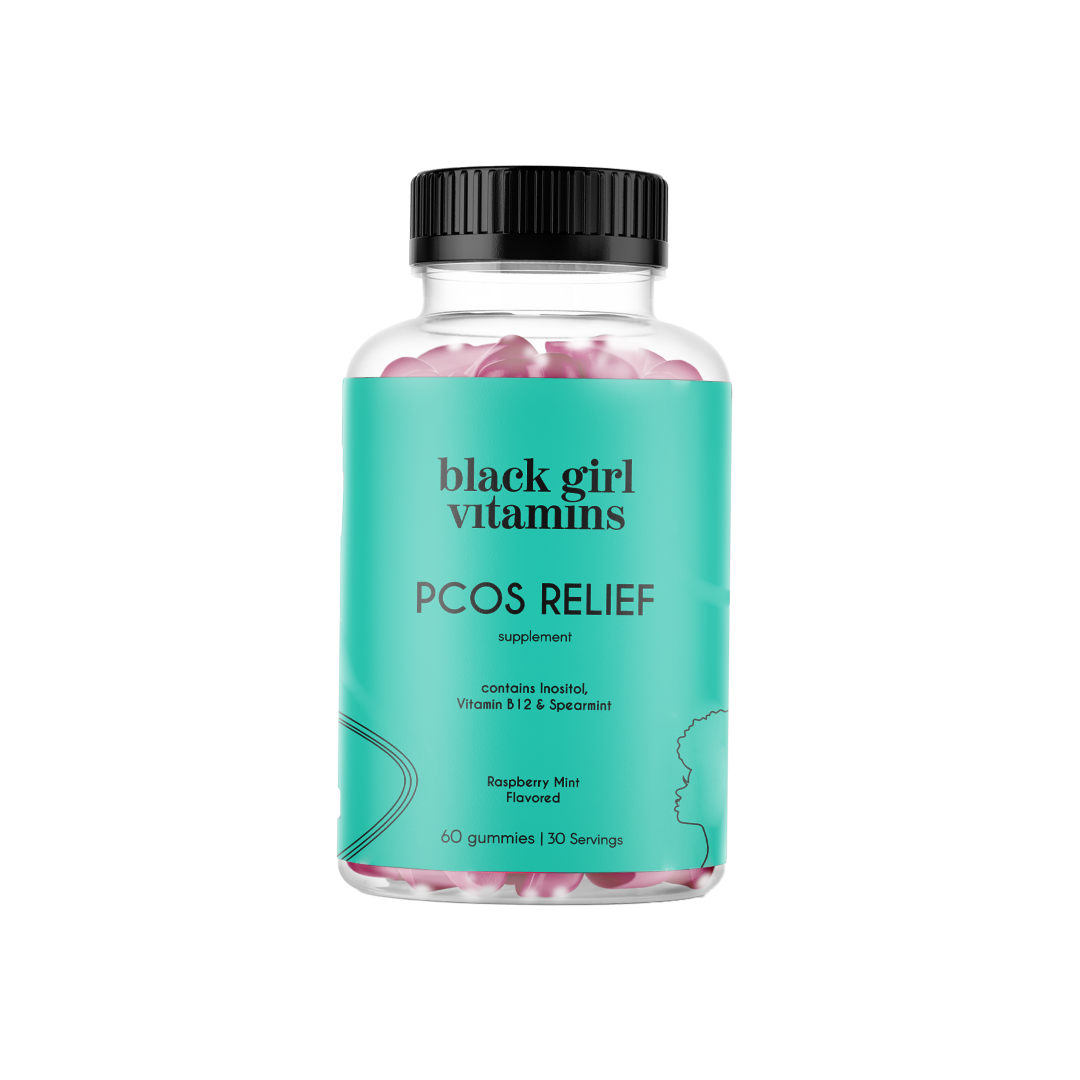PCOS Pregnancy Planning: Preparations for Potential Complications

Reviewed by | Bryanne N. Standifer-Barrett MD
When you have polycystic ovary syndrome (PCOS), the idea of becoming a mother can feel impossible due to its potential as a cause of infertility. While the hormonal condition is shared by millions across the planet, Black women with PCOS are less likely to get pregnant than other populations.
It’s true that PCOS can make it more difficult for you to become a mother. Learning about the challenges you may face so you can plan around them increases your likelihood of having a healthy PCOS pregnancy.
Let’s review the knowledge and tools you need to navigate your PCOS pregnancy planning. You’ll learn what steps you can take to make it easier to have a healthy pregnancy, whether you need help with ovulation, hormonal imbalances, irregular menstrual cycles, or infertility.
What Is the Connection Between PCOS and Fertility?
PCOS throws the delicate balance of your body’s sex hormones off kilter. During a healthy menstrual cycle, mature eggs develop and release when triggered by estrogen.
When you have PCOS, the eggs might not develop correctly, or they may not be released at all. This irregular ovulation process is one of the main challenges of a successful PCOS pregnancy, but it’s not the only one.
Some phenotypes of PCOS can cause excess male hormones called androgens that can make the lining of your uterus less receptive to a fertilized egg. Insulin resistance, which is another PCOS complication that can also interfere with ovulation. It can also contribute to body weight gain and the development of conditions like sleep apnea, both of which can make it harder for you to get pregnant.
Once you become pregnant, PCOS can lead to a higher risk of pregnancy complications like gestational diabetes and preeclampsia.
How To Plan for Your Healthy PCOS Pregnancy
To increase your chances of success, develop a strong relationship with a healthcare professional who is familiar with PCOS and its impact on women’s health. Working with an OB/GYN, fertility specialist, or endocrinology specialist who focuses on PCOS and understands the way it specifically impacts Black women will help you receive better care.
Discussing your desire to become pregnant and your symptoms of PCOS will make it easier for your doctor to develop a PCOS plan tailored to your needs. Some of the medications and supplements that are often recommended to relieve polycystic ovarian syndrome symptoms could interfere with your goals at different stages of the process.
Certain medications used to regulate irregular periods and hirsutism can negatively impact your pregnancy. Having a doctor oversee your care and treatment at every stage is critical to the health of both you and your baby.
What Tests May Be Recommended By My Doctor?
Your healthcare professional may suggest several tests to obtain the information they need to develop customized treatment options. They may recommend blood tests to help them understand your current hormone levels, blood sugar levels, and body mass index (BMI).
These tests will help identify conditions, like insulin resistance and type 2 diabetes, that may need to be managed for you to have a healthy PCOS pregnancy.
What Treatment Options Can Help Me Have a Healthy Pregnancy With PCOS?
Different treatments to help women with PCOS have healthy pregnancies are available, and your doctor can help you decide what’s best for your situation. Your doctor may recommend Clomiphene (Clomid) to help you ovulate.
They may suggest you take metformin to improve your insulin sensitivity and increase your fertility. In some cases, in vitro fertilization (IVF), or Intrauterine insemination (IUI) may be options to consider if other treatment options fail.
New data is currently being reviewed on the use of GLP-1a ( Glucagon Like Peptide-1) medications such as Wegovy and Zepbound prior to pregnancy to assist with the insulin resistance in PCOS. These medications are improving ovulatory cycles in women however are not used once a person becomes pregnant.
What Healthy Lifestyle Changes Can I Embrace for a PCOS Pregnancy?
Managing your PCOS symptoms and increasing your fertility go hand-in-hand. You may be one of the lucky women for whom lifestyle changes are enough to help you accomplish both.
Eating a balanced diet and getting regular physical activity can help you maintain a healthy weight. Managing your stress will also make it easier for you to become pregnant. With your doctor’s guidance, consider whether high-quality supplements like vitamin D, vitamin B, omega-3, or inositol are appropriate at various stages of your treatment.
Your Journey to Motherhood Starts With Your Health
Trying to plan for pregnancy when you have PCOS can feel overwhelming. You can increase your chances of having a successful PCOS pregnancy by making lifestyle changes to support your health and fertility. Working with a qualified healthcare professional who listens to and supports you will help you reach your goals.
Remember to build and lean upon your support network while you’re on this journey. You have access to a wide array of resources and support groups that can make it easier to navigate the challenges. Prioritizing your self-care and celebrating the small victories on the way will be crucial for your mental and emotional health as you put your pregnancy plans into action.
Sources:
Why PCOS Affects Women of Color Differently | HealthCentral
Does PCOS Affect Pregnancy? | NIH
Polycystic Ovary Syndrome (PCOS) | Cleveland Clinic
Clinical Management of Pregnancy in Women With Polycystic Ovary Syndrome: An Expert Opinion | Wiley
PCOS Diet: Which Foods and Supplements Are Best for Polycystic Ovary Syndrome



























